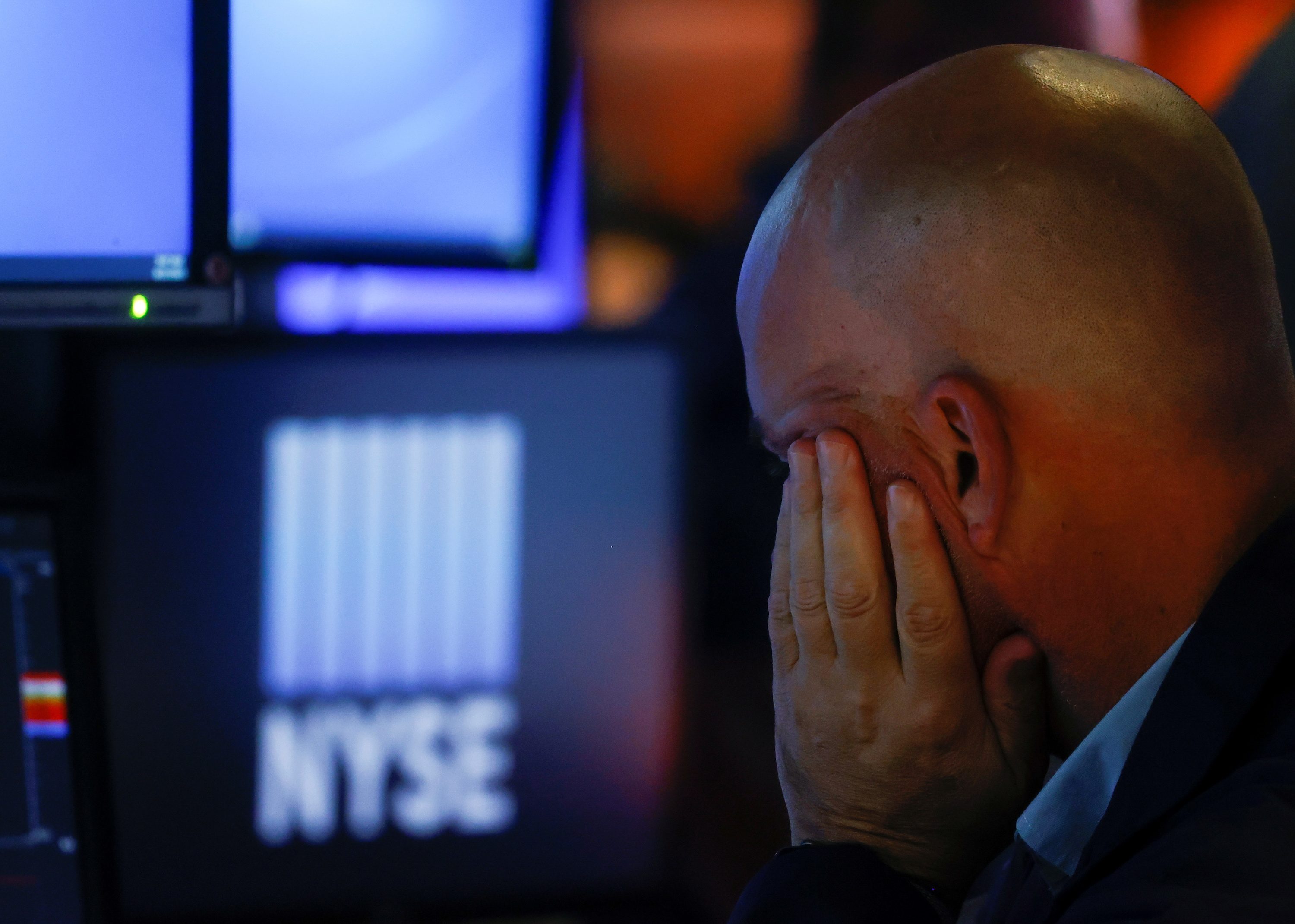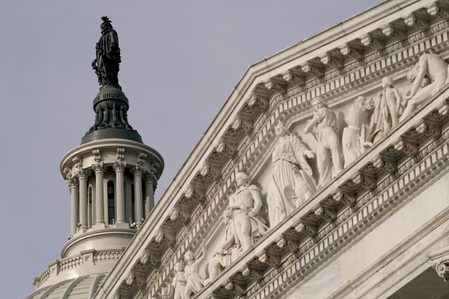SUMMARY
This is AI generated summarization, which may have errors. For context, always refer to the full article.

Global stock markets continued to fall Thursday, September 30, as inflation fears persisted and expectations grew that the US Federal Reserve would tighten policy in the coming months.
Earlier in the week, global shares suffered their worst rout since January. A heavy tech sell-off on Tuesday, September 28, led Wall Street to its steepest drop since mid-July.
Major US and European stock indices staged a partial recovery Wednesday, September 29, but were unable to build momentum.
MSCI’s gauge of stocks across the globe shed 0.62%.
The Dow Jones Industrial Average fell 547.39 points, or 1.59%, to 33,843.33; the S&P 500 lost 52.02 points, or 1.19%, at 4,307.44; and the Nasdaq Composite dropped 63.86 points, or 0.44%, to 14,448.58.
“US investors are glad to see September end,” said Edward Moya, senior market analyst at OANDA, summing up the mood of most market participants. “US stocks ended mostly on a down note as lawmakers try to avoid a government shutdown and deliver on the $1-trillion infrastructure bill, all while an energy crisis brews abroad.”
Federal Reserve Chair Jerome Powell said on Wednesday that resolving “tension” between high inflation and high unemployment is the Fed’s most urgent issue, acknowledging a potential conflict between the US central bank’s two goals of stable prices and full employment.
Inflation prospects have helped the greenback to end the quarter on a positive note but it slipped from a one-year high on Thursday following dismal US weekly jobs numbers.
The dollar index fell 0.129%, with the euro down 0.1% to $1.1583.
Gold, an alternative safe haven, rose more than 2% as the dollar declined.
US gold futures settled up 2% at $1,757.
Spot gold added 1.7% to $1,755.56 an ounce.
US Treasury yields dipped, after a sharp rise earlier in the week, as investors watched budget talks in Washington and rebalanced portfolios at the end of September.
Benchmark 10-year notes last rose 7/32 in price to yield 1.515%, from 1.539% late on Wednesday.
Electricity prices in France are expected to rise around 12% by February, French environment minister Barbara Pompili said on Thursday, highlighting inflationary pressures sweeping across Europe.
French inflation hit a near 10-year high of 2.7% in September, official numbers showed, slightly less than forecast. Italy’s annual inflation rate rose to 3%.
“This is not a broad-based inflationary spiral,” Oxford Economics analysts wrote in a note, though they added there was “little relief in sight for the record high energy prices in the coming months, with the severity of this winter a key factor.”
Germany’s 10-year government bond yield was little changed at -0.208%.
European stocks ended flat.
In Asia, MSCI’s broadest index of Asia-Pacific shares outside Japan gained 0.24% after several days of losses, but was still set for a 4.5% monthly decline and a 9.3% loss on the quarter.
That would be the benchmark’s worst quarter since the first three months of 2020, as COVID-19 raged across Southeast Asia and investors worried about slowing global growth with China a particular concern.
China’s economy has been hit by regulatory curbs in the tech and property sectors and is now grappling with a power shortage.
Data published on Thursday showed China’s factory activity unexpectedly shrank in September, but services returned to expansion as COVID-19 outbreaks receded.
However, analysts say slowing growth would pressure authorities to ease policy. That provided battered Chinese markets with some respite, with blue chips rising 0.67%.
US crude oil futures settled at $75.03 per barrel, up 0.3%. Brent crude futures settled at $78.52 per barrel, down 0.2%. – Rappler.com
Add a comment
How does this make you feel?

There are no comments yet. Add your comment to start the conversation.